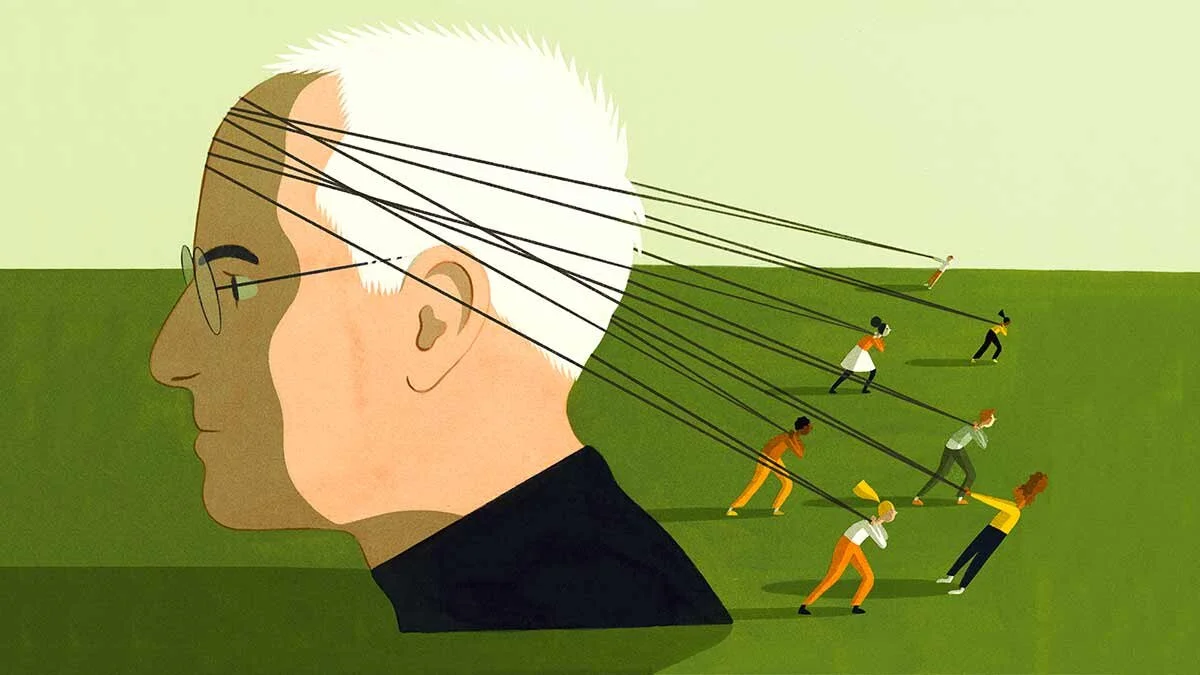“The drive to the weather station took nearly two hours — through snow-covered mountain passes, alongside waterfalls, past reindeer and empty summer houses. As we neared our destination, the road grew narrow and rough. Finally, we arrived at the end of an isolated fjord, where a small yellow lighthouse appeared in the distance.”
Read More“We live in an age of polarization. Many of us may be asking ourselves how, when people disagree with or discount us, we can persuade them to rethink their positions. The author, an organizational psychologist, has spent time with a number of people who succeeded in motivating the notoriously self-confident Steve Jobs to change his mind and has analyzed the science behind their techniques. Some leaders are so sure of themselves that they reject good opinions and ideas from others and refuse to abandon their own bad ones. But, he writes, “it is possible to get even the most overconfident, stubborn, narcissistic, and disagreeable people to open their minds.” He offers some approaches that can help you encourage a know-it-all to recognize when there’s something to be learned, a stubborn colleague to make a U-turn, a narcissist to show humility, and a disagreeable boss to agree with you.”
Read More“Convenience is the most underestimated and least understood force in the world today. As a driver of human decisions, it may not offer the illicit thrill of Freud’s unconscious sexual desires or the mathematical elegance of the economist’s incentives. Convenience is boring. But boring is not the same thing as trivial.”
Read More“As anyone who has been called out for hypocrisy by a small child knows, kids are exquisitely attuned to gaps between what grown-ups say and what grown-ups do. If you survey American parents about what they want for their kids, more than 90 percent say one of their top priorities is that their children be caring. This makes sense: Kindness and concern for others are held as moral virtues in nearly every society and every major religion. But when you ask children what their parents want for them, 81 percent say their parents value achievement and happiness over caring.”
Read More


